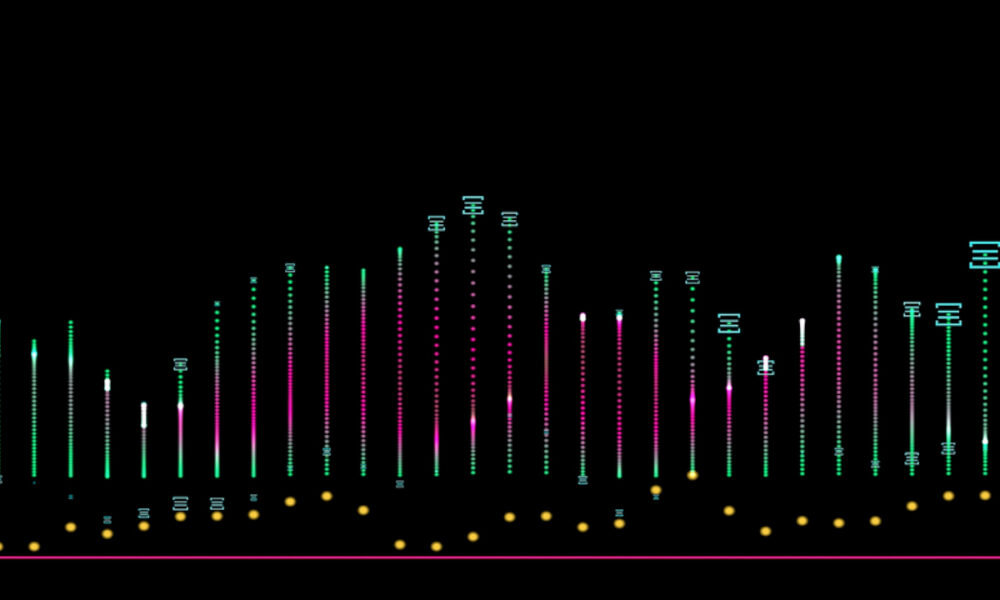White House Announces Framework to Reduce Trump Tariffs on Imports
TLDR
- The White House has announced new trade agreements to reduce Trump tariffs on imported goods like coffee, bananas, and textiles.
- The agreements aim to ease rising costs on coffee, bananas, and chocolate, which have seen significant price increases.
- The U.S. will eliminate reciprocal duties on textiles and clothing from El Salvador and Guatemala under the new framework.
- El Salvador has committed to preventing forced labor in imported products as part of the trade agreement.
- U.S. officials anticipate expanded commercial opportunities for farmers, ranchers, and manufacturers in the U.S.
The White House revealed new agreements with Argentina, Guatemala, El Salvador, and Ecuador on Thursday. These agreements aim to lower tariffs on imported items that the U.S. cannot produce in sufficient quantities. This move seeks to address rising prices on coffee, chocolate, and bananas, but officials did not specify a timeline for price relief.
Changes to Tariffs on Imported Goods
U.S. officials stated that the agreements would reduce the impact of Trump tariffs on certain goods. The White House emphasized that coffee, bananas, and chocolate are among the items targeted for tariff relief. The U.S. Consumer Price Index showed a sharp increase in coffee, banana, and beef prices over the past year.
The price of coffee rose by 18.9%, bananas increased by 6.9%, and beef prices surged by 14.7% in September 2025. A large portion of U.S. coffee imports come from Brazil, which faced a 50% tariff under the Trump administration. Colombia, another coffee exporter, faces a 10% tariff under similar policies.
Reciprocal Trade Agreements with Central American Countries
The new framework also calls for eliminating reciprocal duties on textiles and clothing from El Salvador and Guatemala. These duties were originally imposed under the Dominican Republic-Central America Free Trade Agreement (DR-CAFTA). White House officials stated that eliminating these tariffs would help strengthen the textile supply chains in both the U.S. and Central America.
The agreements include labor protections for El Salvador, with a commitment to prevent forced labor in imported products. The White House emphasized that the changes would benefit both U.S. farmers and manufacturers by expanding their commercial opportunities. The U.S. Trade Representative confirmed that Guatemala and El Salvador already offer substantial duty-free treatment to U.S. goods.
Impact of Trump Tariffs on Swiss Trade
While the agreements with Argentina, Guatemala, El Salvador, and Ecuador focus on reducing certain Trump tariffs, U.S. trade relations with Switzerland are under scrutiny. Swiss authorities met with the U.S. administration on Thursday to discuss plans to reduce their trade surplus. The U.S. has imposed a 39% tariff on Swiss goods since August, aiming to address the ongoing trade imbalance.
The U.S. Census Bureau reported a $38.3 billion goods trade surplus with Switzerland in 2024, which grew to $55.7 billion in 2025. This surplus was largely due to Switzerland’s increased exports to the U.S. in early 2025, before Trump tariffs were applied in April. U.S. officials expect significant reductions in Swiss tariffs on American goods.
The post White House Announces Framework to Reduce Trump Tariffs on Imports appeared first on CoinCentral.
You May Also Like

Best Crypto Presale 2025: Why Users Are Flocking to Earth Version 2 (EV2)

The DeFAI Crucible: Navigating Trust and Automation in a Nascent Market
